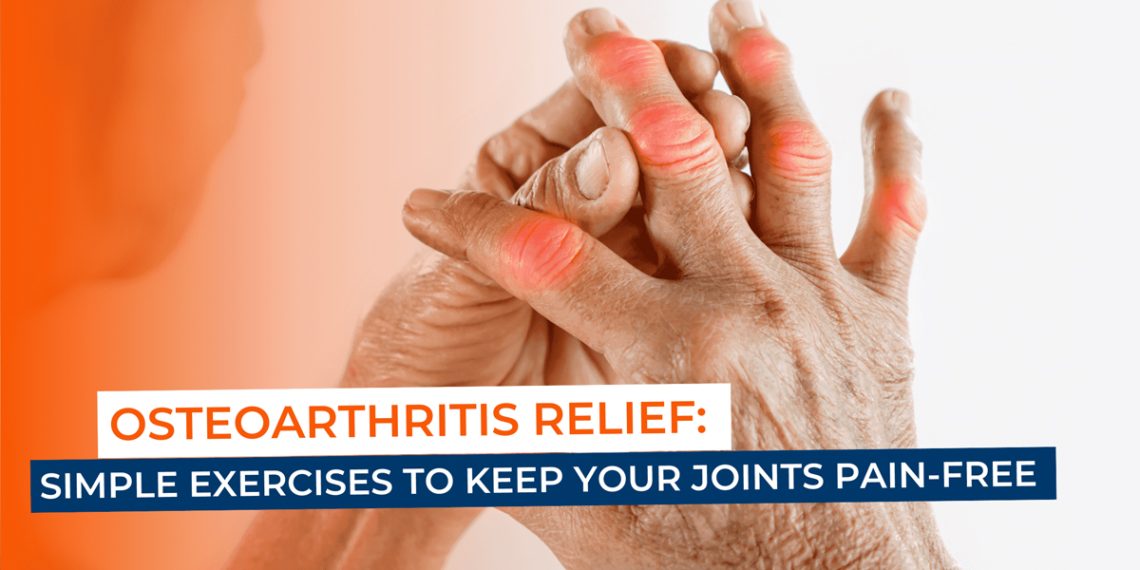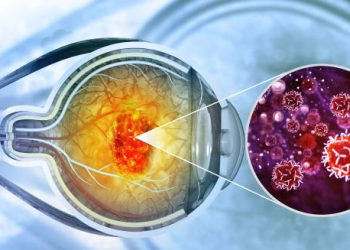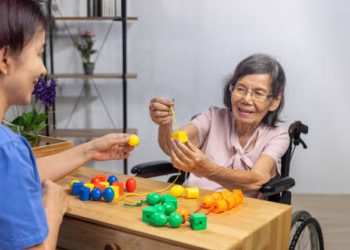Treatment for Arthritis
While there is no cure for most types of arthritis, treatment for arthritis focuses on relieving pain, reducing inflammation, improving function, and slowing disease progression.
1. Medications
- NSAIDs (e.g. ibuprofen, diclofenac) – reduce pain and inflammation
- DMARDs (e.g. methotrexate) – used in autoimmune arthritis like RA
- Biologics (e.g. adalimumab, etanercept) – target specific immune pathways
- Corticosteroids – short-term relief for flare-ups
- Colchicine or allopurinol – used in gout management
2. Physical Therapy
- Tailored exercises to maintain joint mobility and strength
- Posture and gait training
- Hydrotherapy for joint-friendly movement
3. Lifestyle Modifications
- Weight management – reduces stress on joints
- Low-impact exercise (e.g. walking, swimming, yoga)
- Healthy diet rich in anti-inflammatory foods
- Stress management, especially in autoimmune conditions
4. Assistive Devices
- Canes, braces, or orthopaedic shoes reduce joint strain
- Ergonomic tools improve daily function
5. Surgery (in severe cases)
- Joint replacement (e.g. hips or knees) for advanced osteoarthritis
- Arthroscopy or joint fusion in select cases
In South Africa, access to medications and surgery varies between private and public sectors. NGOs and rehabilitation centres also play a role in long-term support.
Let’s now explore the complications of arthritis if left untreated or poorly managed.
👉 [Next: Complications of Arthritis]
Blouberg Rheumatology and Arthritis Centre Rheumatologist Milnerton


